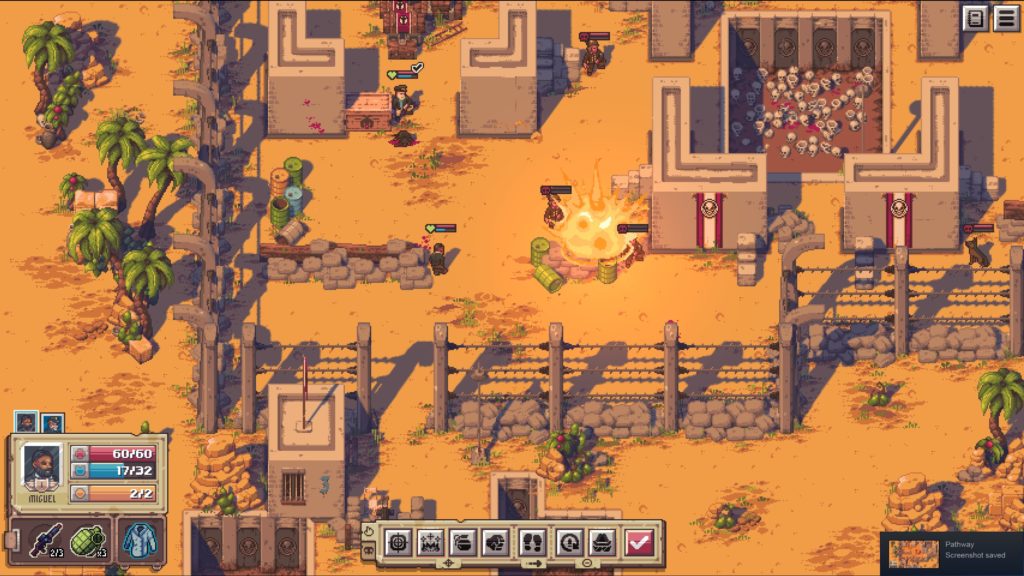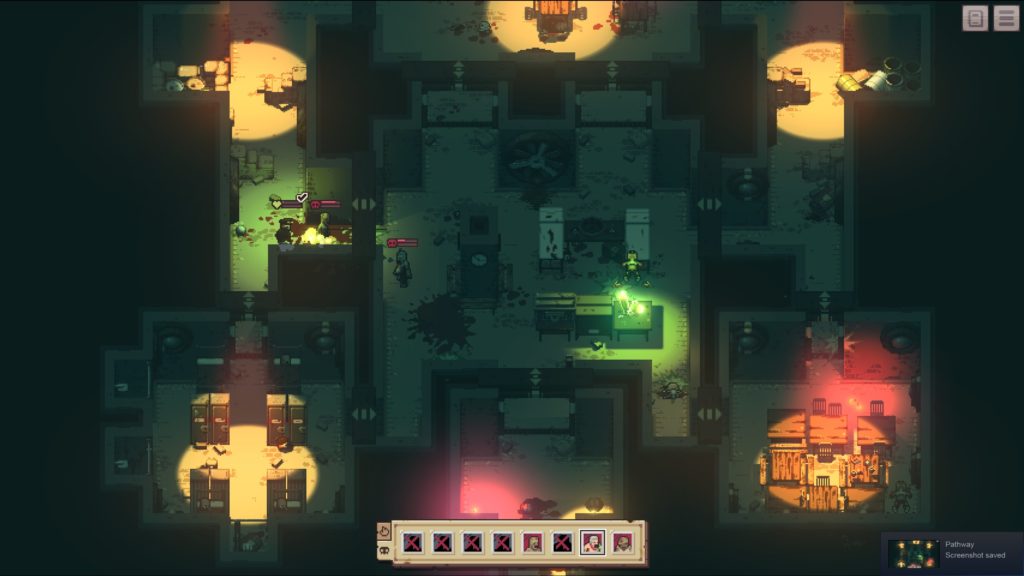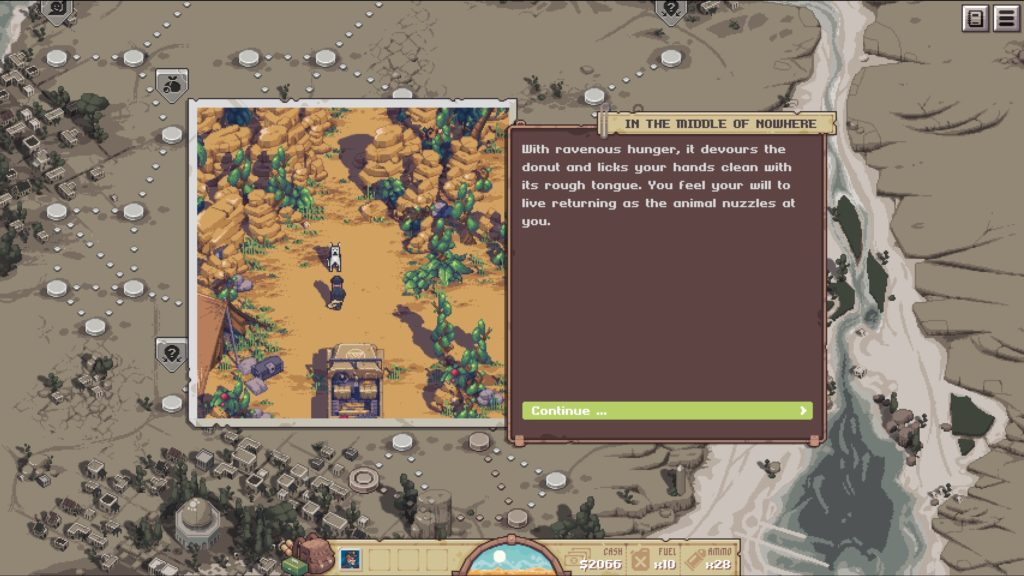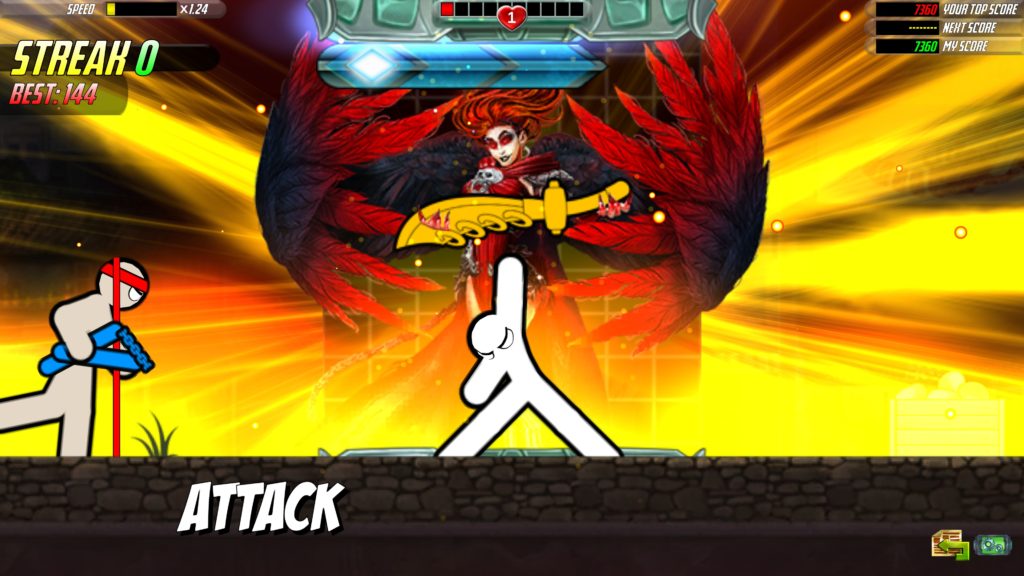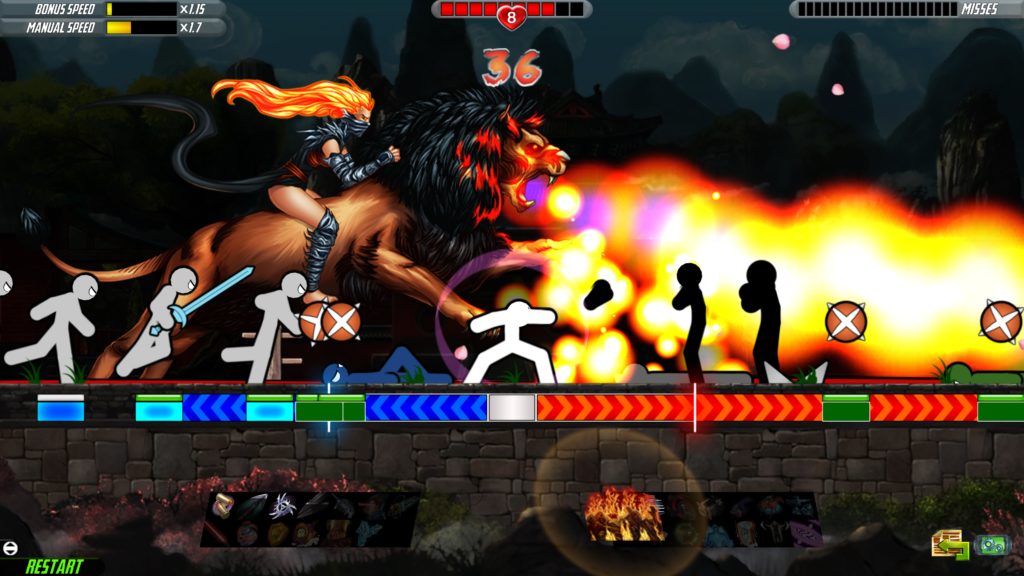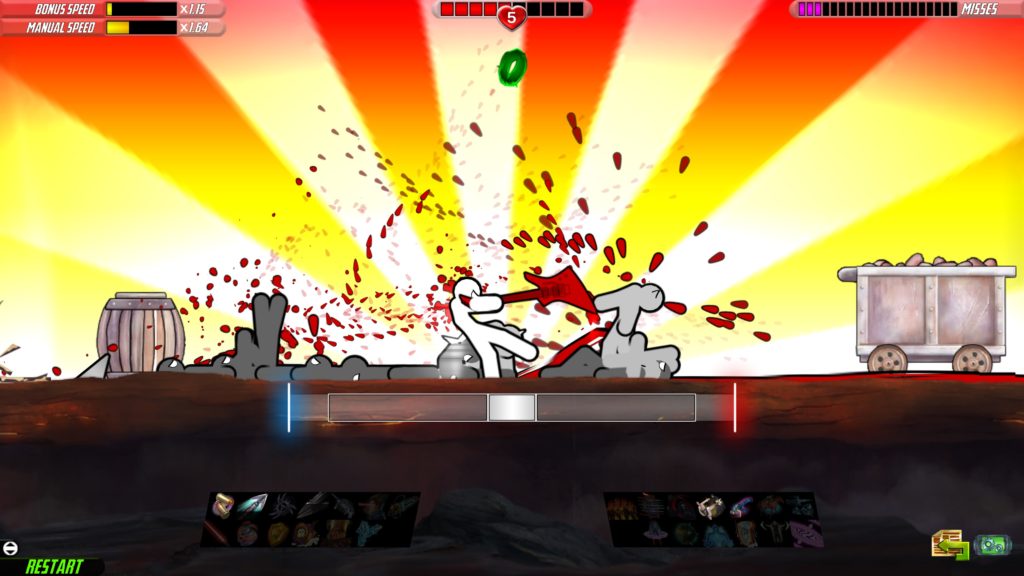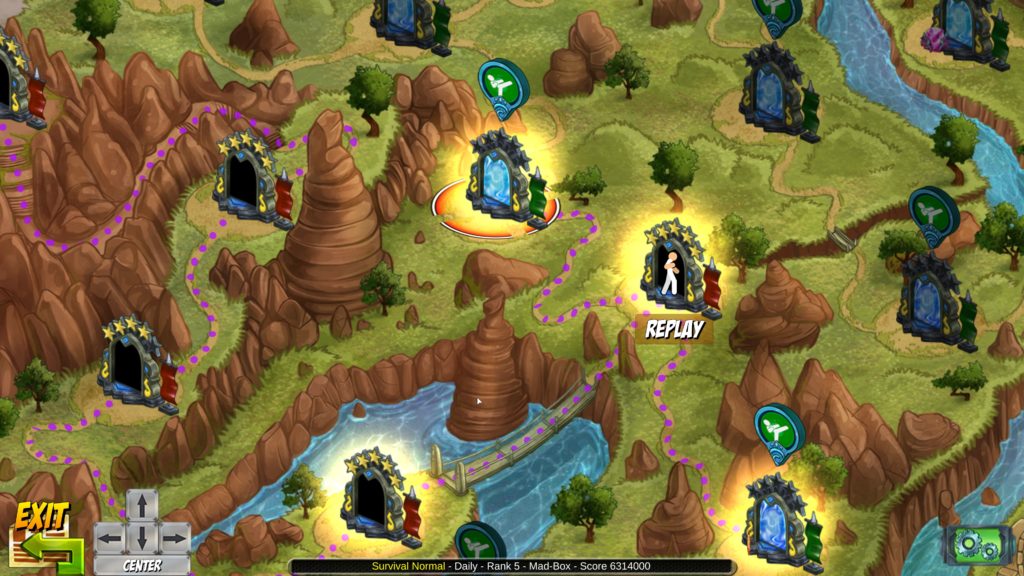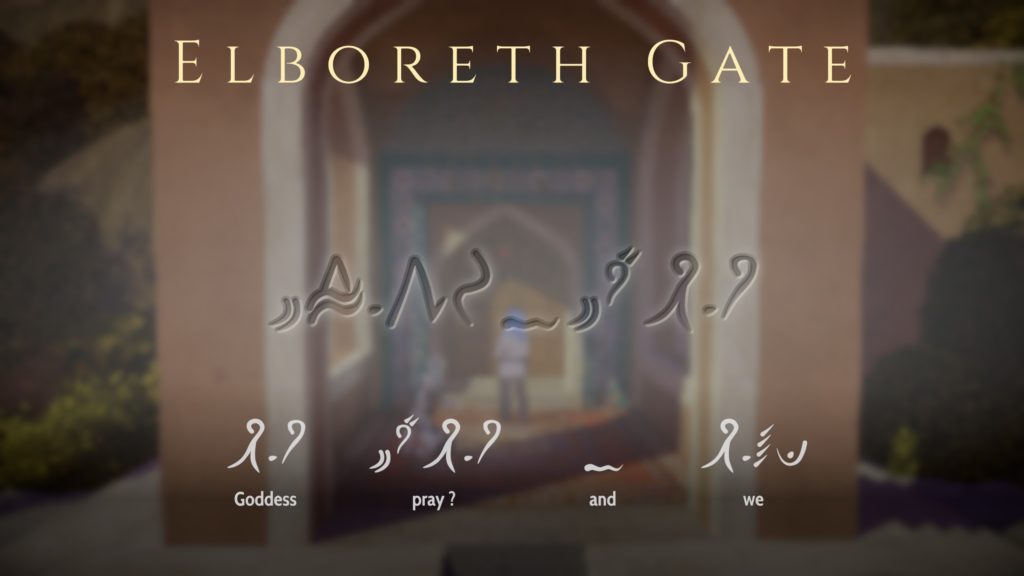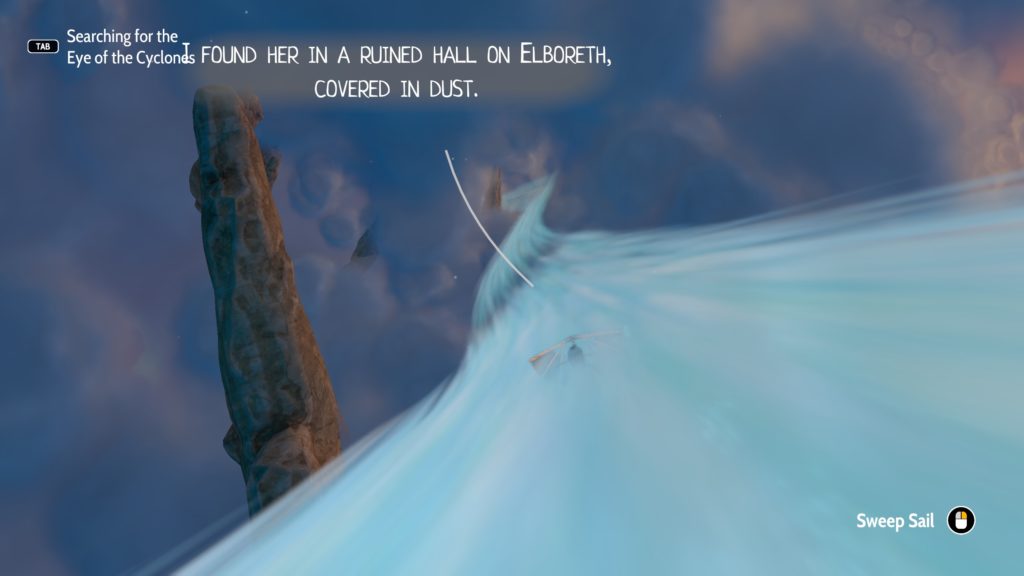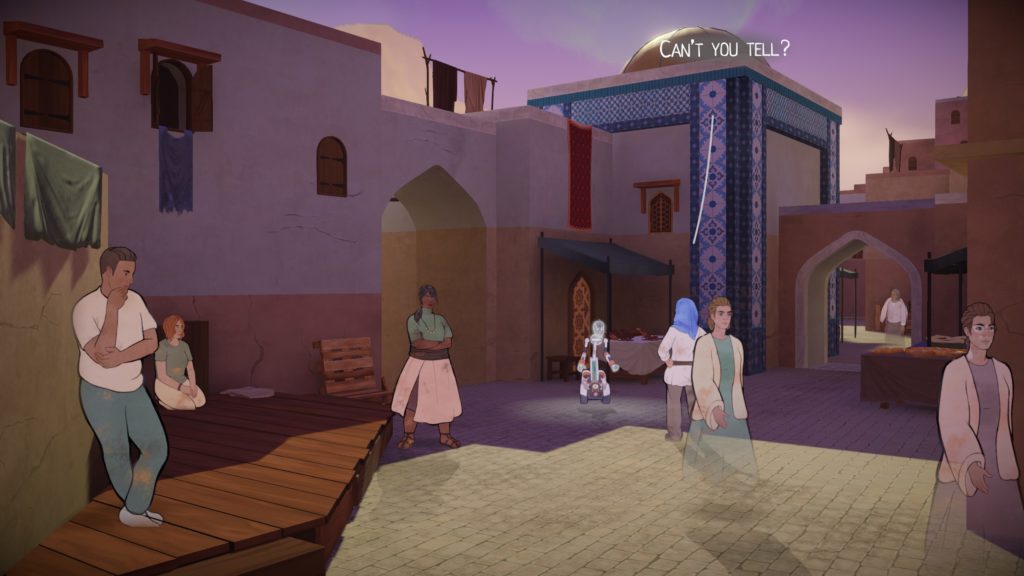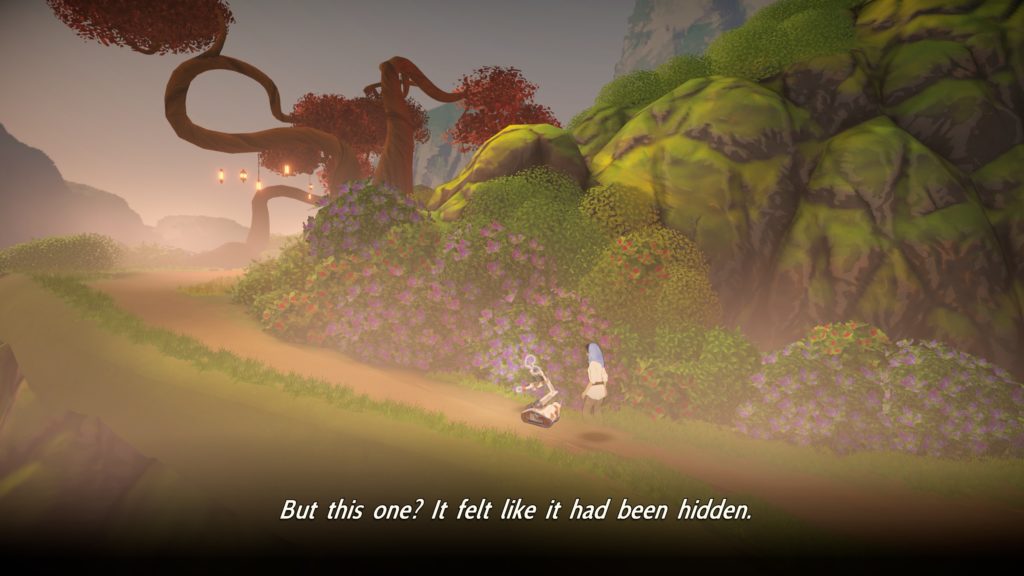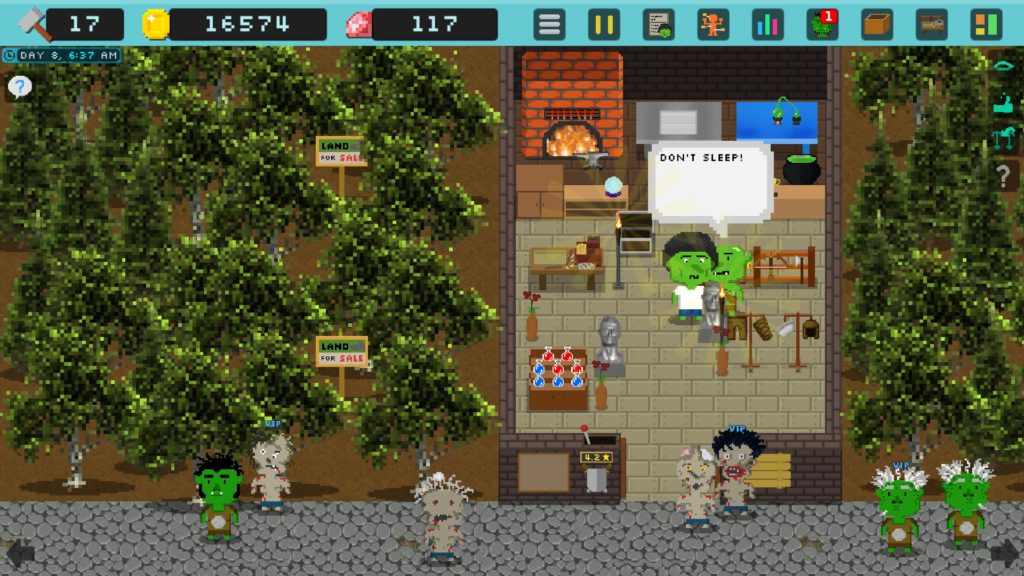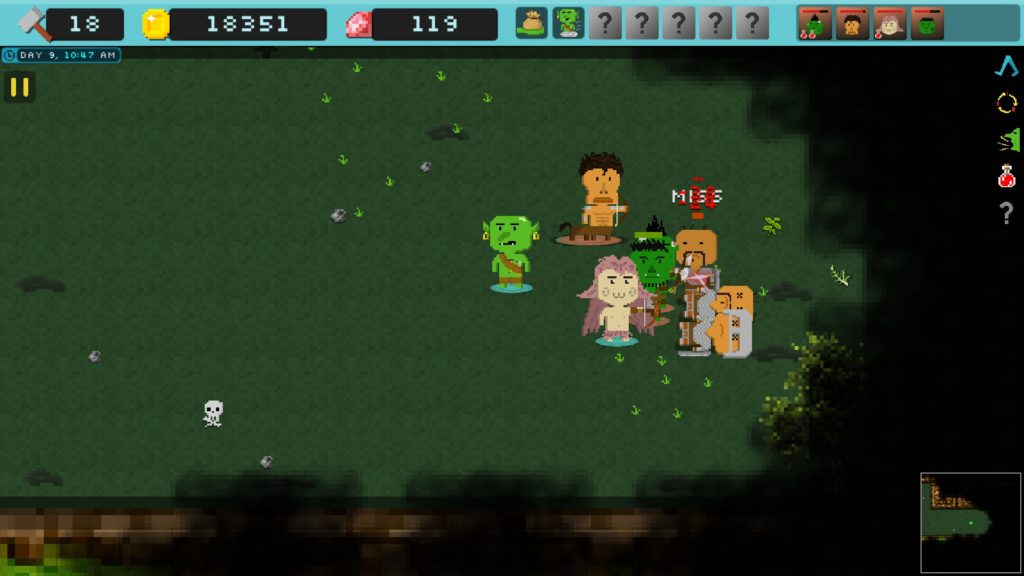Phoenix Wright Trilogy (Review)
Source: Cashmoneys
Price: £29.99 (£38.25 game+soundtrack, £12.99 soundtrack)
Where To Get It: Steam
Ohhh, we’ve been waiting a long time for this, but finally, the first trilogy of Phoenix Wright has hit the shores of the PC, and it’s quite the pleasing turnabout. After all, Phoenix Wright is, overall, an interesting and cool series, and the PC port is pretty good.
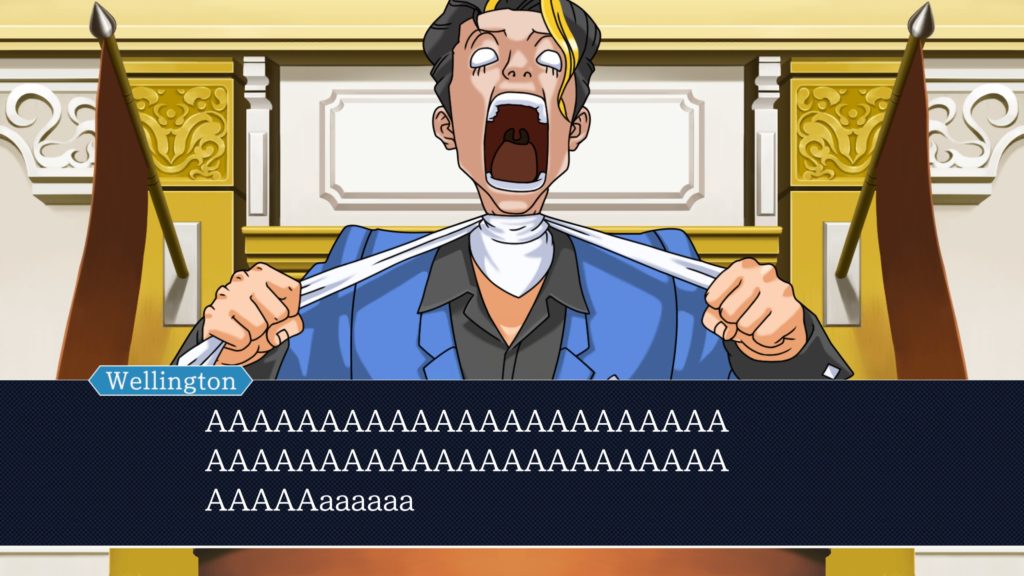
Okay, let’s get the niggle out of the way before we sum up the trilogy: It only remembers what window size it’s meant to be on loading. That’s pretty minor, so… Phoenix Wright. It’s a series of police procedural visual novels, in which you play the titular character, a novice lawyer, in the deadly justice system of what has been dubbed by fans “Japanifornia” (For being both Japanese and American), where simply defending your client isn’t enough… If you can’t find the real murderer in 3 days, your client is guilty by default. Game over, man… Game over.
It comes in two segments, investigation and the trial, but, thankfully, I can’t think of an instance where the investigation can end without you having collected the necessary evidence. The trials, however… Ah, they get tricksy at times, because not only do you have to choose between pressing for further details and presenting evidence, sometimes, what seems like the obvious path is… Well, the wrong one for the time. So, yes, occasionally there’s a bit of “Read the developer’s mind.”
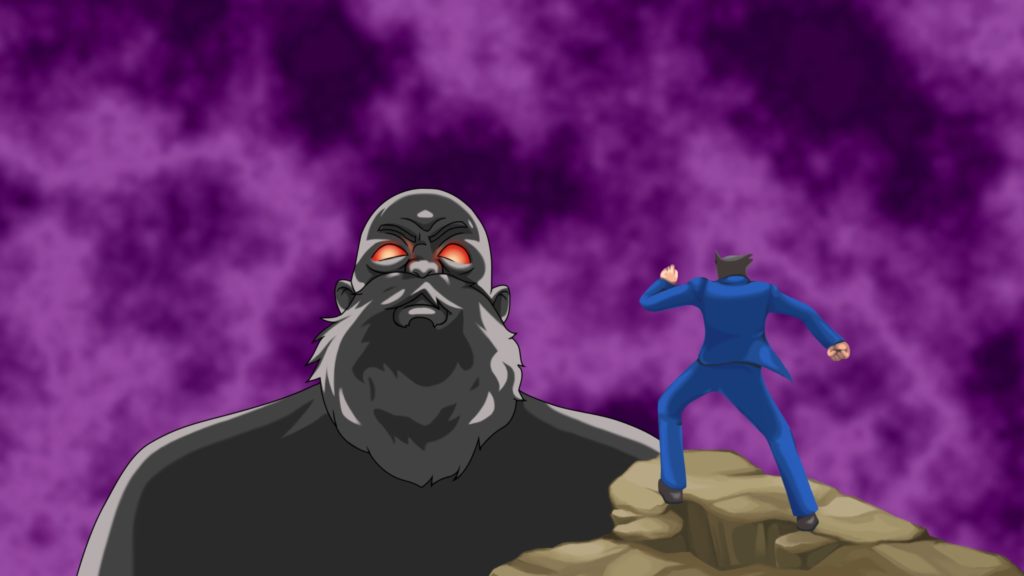
Thankfully, you can save at any time, so if you’re unsure, remember the old adventure gamer’s adage: Save Early, Save Often!
Now, of course, is it good? Well, the original games and their HD ports come highly recommended for charming writing, good visuals, fairly accessible play (They were originally developed for the DS), and good tunes (Especially “Cornered”, which really gets the blood pumping), and, I’m happy to say, this particular port is… No different. The pacing and tone shifts are well handled, it breaks up the tension well with its comedic moments, and there are characters to love (Edgeworth, who definitely isn’t a secret Steel Samurai fan, nope), characters to love hating (Redd White and April May definitely come to mind for this), and I’m having a whale of a time playing through the first three games (Although I am informed that whales don’t get involved until Dual Destinies, which is outside the scope of this review.) As mentioned, there’s one correct path, and sometimes it involves reading the developer’s mind, but these are relatively few and far between.
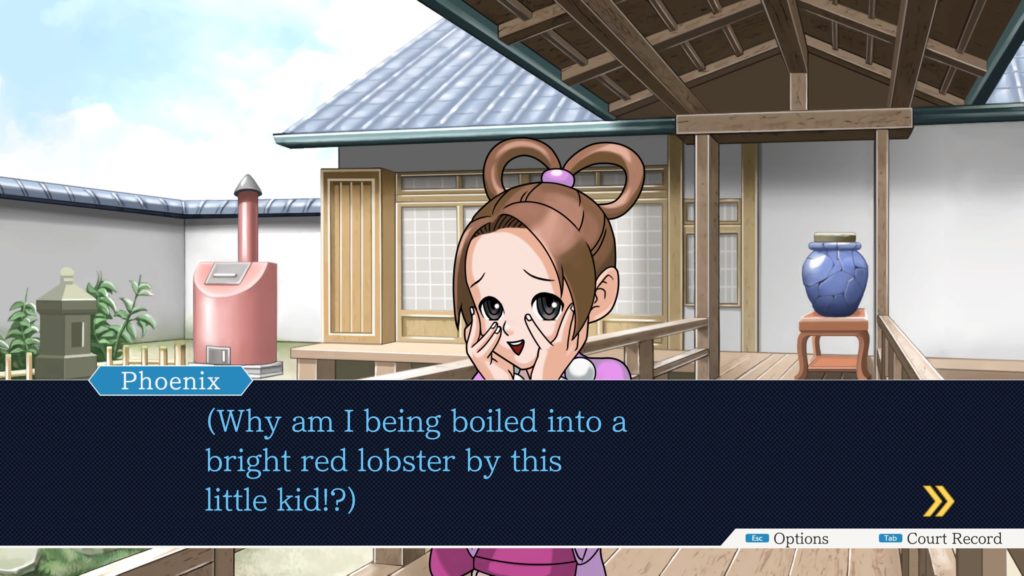
As such, Phoenix Wright Trilogy definitely comes recommended. It’s fun, it’s interesting, and hot damn, you do feel clever getting a case done without, say, looking at a walkthrough. For fans of mysteries and visual novels, Phoenix Wright is a no brainer.
The Defence Rests, Yeronner.

